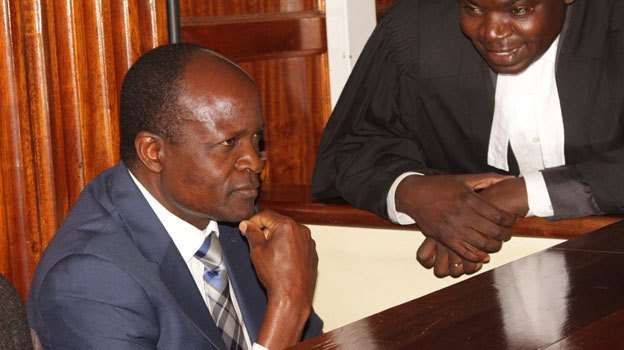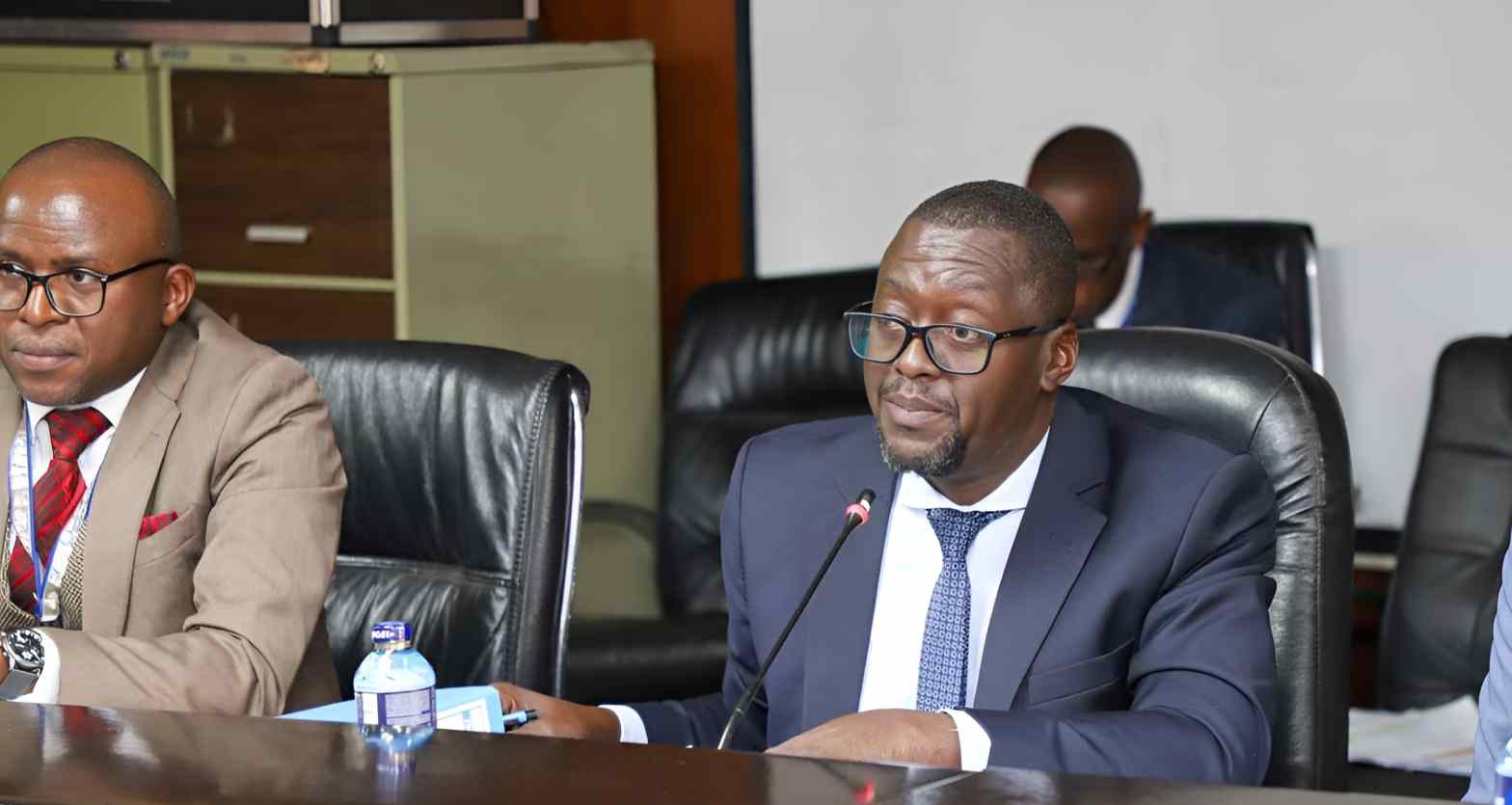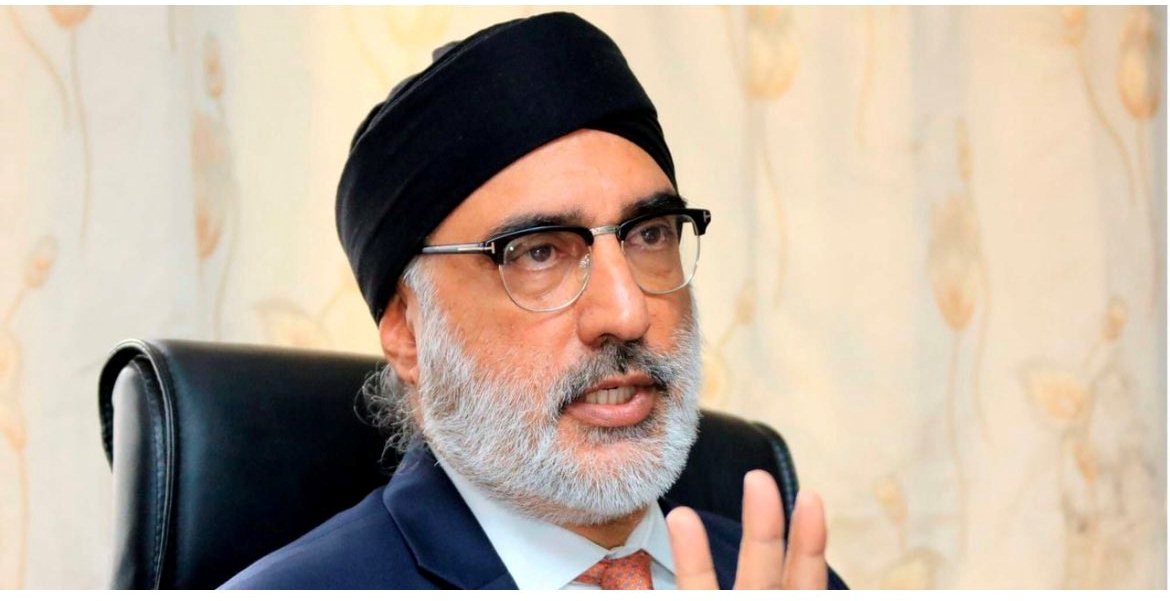In response to recent gas-related incidents, the Energy and Petroleum Regulatory Authority (EPRA) has unveiled a multifaceted approach aimed at enhancing safety measures in the gas distribution sector. With a focus on preventing future tragedies, EPRA’s proactive strategy encompasses collaboration with security agencies, stringent regulatory oversight, and public awareness campaigns.
One of EPRA’s key initiatives involves collaborating with security agencies to detect and shut down illegal LPG filling stations. By requesting the assistance of a National Intelligence liaison officer and DCI officers, EPRA aims to track down individuals involved in illicit gas operations. This coordinated effort aims to root out criminal elements and prevent the proliferation of unsafe gas facilities.
EPRA also plans to bolster its legal enforcement capabilities by engaging the public prosecutor’s office. By appointing EPRA’s legal officers as prosecutors, the regulatory authority seeks to strengthen prosecution efforts against offenders in the gas distribution sector. This proactive approach underscores EPRA’s commitment to holding accountable those who jeopardize public safety through illegal gas operations.
Furthermore, EPRA is set to launch extensive public awareness campaigns on safety measures related to LPG use. Through targeted education initiatives, EPRA aims to inform consumers about proper gas handling procedures, safety precautions, and regulatory compliance. By empowering consumers with knowledge, EPRA seeks to mitigate the risk of accidents and promote responsible gas usage within communities.
EPRA’s efforts come in the aftermath of a tragic gas explosion in Embakasi on February 1st, which claimed seven lives and left hundreds injured. In its investigation report submitted to Parliament’s Committee on Energy, EPRA identified Derick Kimathi as the owner of an illegal LPG filling plant responsible for the explosion. Despite multiple licensing rejections due to safety concerns, Kimathi’s facility continued to operate without meeting regulatory standards.
As a result of EPRA’s investigation, licenses for both Kimathi’s illegal LPG filling plant and his other petroleum transportation business, Maxxis Nanyuki Energy, have been suspended. Additionally, EPRA plans to shut down 138 LPG facilities nationwide that failed to meet technical audit scores, with 49 licenses already suspended for plants located too close to residential areas.





